R Programming & Machine Learning Camp for High School Students
In this research camp, students will identify cancer biomakers and categorize cancer samples using microRNA expression data from TCGA (The Cancer Genome Atlas)
This camp provides statistical methods in the context of disease research. It is for current (2024-25) high school and exceptional 8th grade students who want to learn computer programming for future biomedical applications. R is a statistical tool and programming language with excellent graphic options, useful in various application areas such as medicine, public policy, and economics. After R is introduced, the students will assess current biomedical problems and identify useful tools for research.
The R Programming Camp is not just a programming camp; it provides essential tools and datasets with which students can develop their own research projects. Students will learn TCGA big data analysis using microRNA sequencing data of cancer patients. We will use an R machine learning package during the camp. Finally, students will learn to generate scientific graphics useful for professional presentations such as in publications and at science fairs.
Campers learn to generate these types of graphs
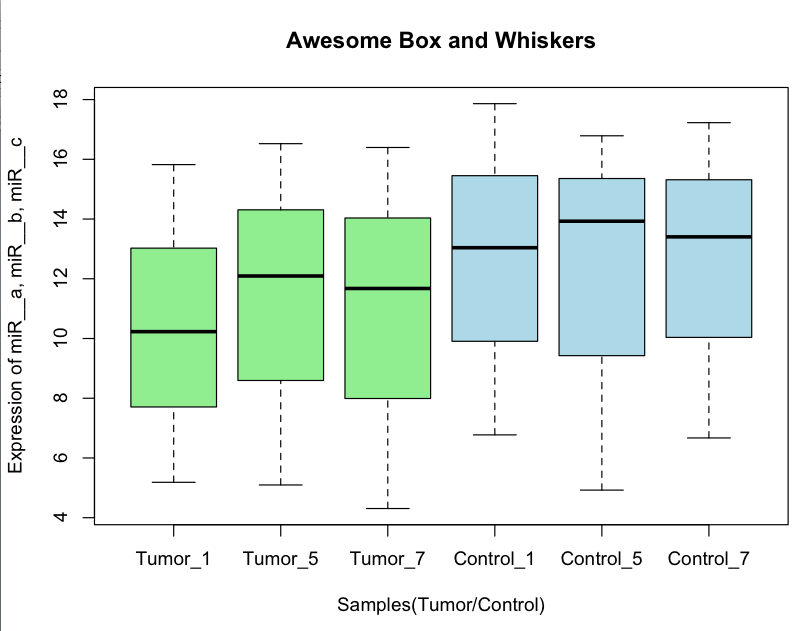

Examples of camper-generated graphs
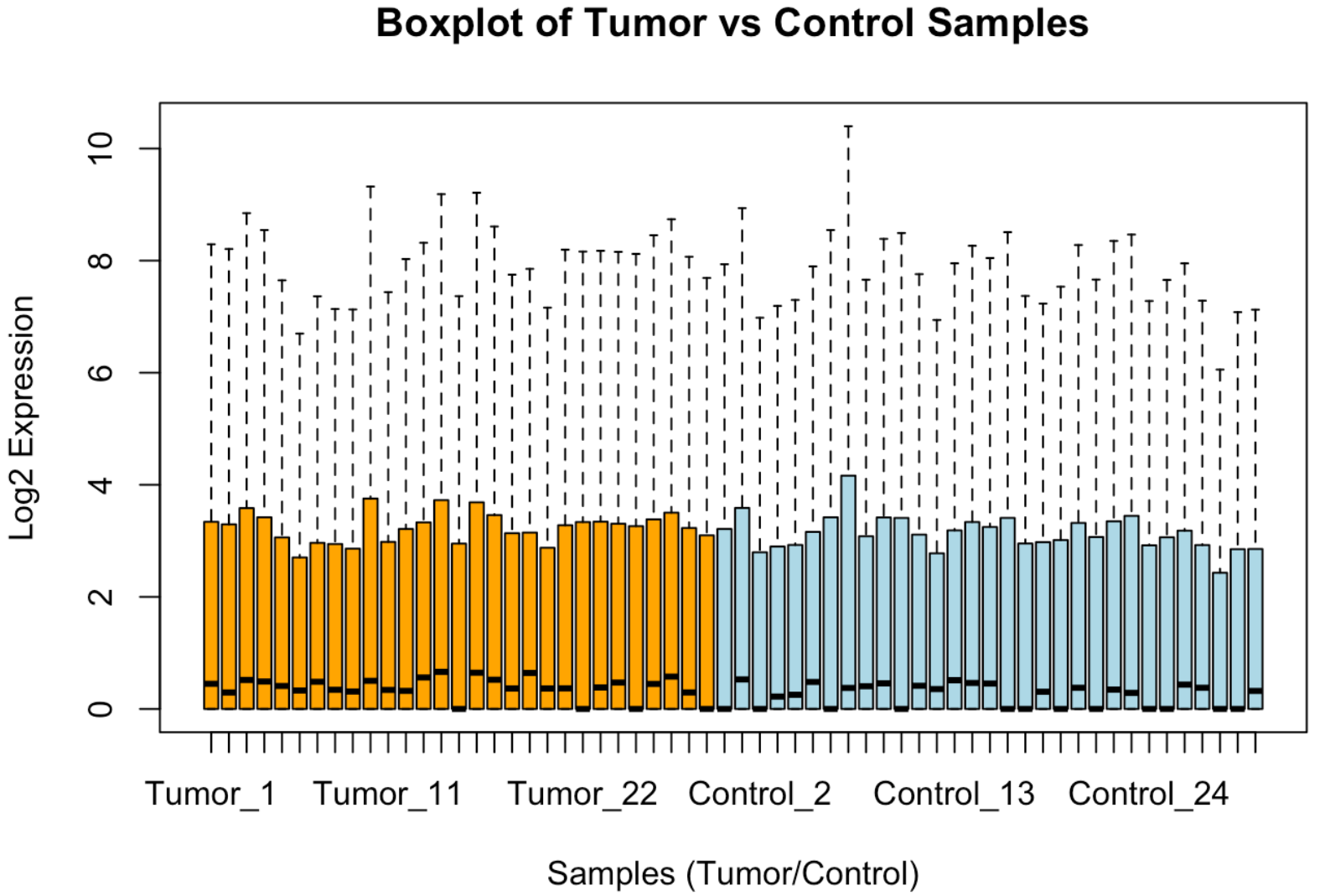

DATE: August 4 – 8, 2025 (Mon – Fri)
TIME: 9 am – 4 pm, Pacific Time (noon – 7 pm, Eastern Time; 11 am – 6 pm, Central Time)
LOCATION: Scripps Research Translational Institute, San Diego, CA or Virtual (Hybrid format)
INTENDED AUDIENCE: Academically motivated current (2024-25) high school and exceptional 8th grade students interested in computers, math, science, and medicine.
R research camp is open to students with or without coding experience, as students with similar experience will be grouped together. It uses the R programmng language, building from the ground up. Curiosity and and open mind are essential for learning this material. You will have multiple teaching assistants supporting you throughout the camp.
This camp requires active engagement both in learning and in group games and other activities. Please register for this camp only if you can commit to such engagement throughout the camp.
FAQ: How are the R Programming Camp and the Computational Biology Camp related?
The R Programming Camp is a research camp that, as the name implies, utilizes the R statistical programming language. The Computational Biology Camp focuses on more holistic research concepts. Therefore, taking the CB camp will enhance the experience of the R camp, and is encouraged to be taken first, but is not a prerequisite.
TUITION:
Scripps in-person: $875 (including one-year miRcore student membership, a $300 value)
Virtual: $680 (without miRcore student membership) OR $780 (including one-year miRcore student membership, a $300 value)
miRcore student members will receive a discount of $100 per additional virtual camp.
Example: Scripps in-person R camp and virtual CB camp: $1,455
Scripps in-person R camp, virtual CB camp, and virtual BTS camp: $2,035
After reviewing your essay in the application form, we will inform you regarding acceptance within 7-10 business days. If accepted, you will be sent payment options. Limited partial scholarships are available for financially-challenged students such as those in free or reduced lunch program. Proof of income is required.
A computer with internet connection is required to join the online camp.
APPLICATION FEE: $70
APPLICATIONStudents with camp certificates will be qualified to become miRcore volunteers. Students in the high school volunteer program, which runs throughout the school year, determine a disease of focus for the year, and collaborate with similar level students in researching the disease. Out-of-state students can join the volunteer meetings through an online meeting platform.
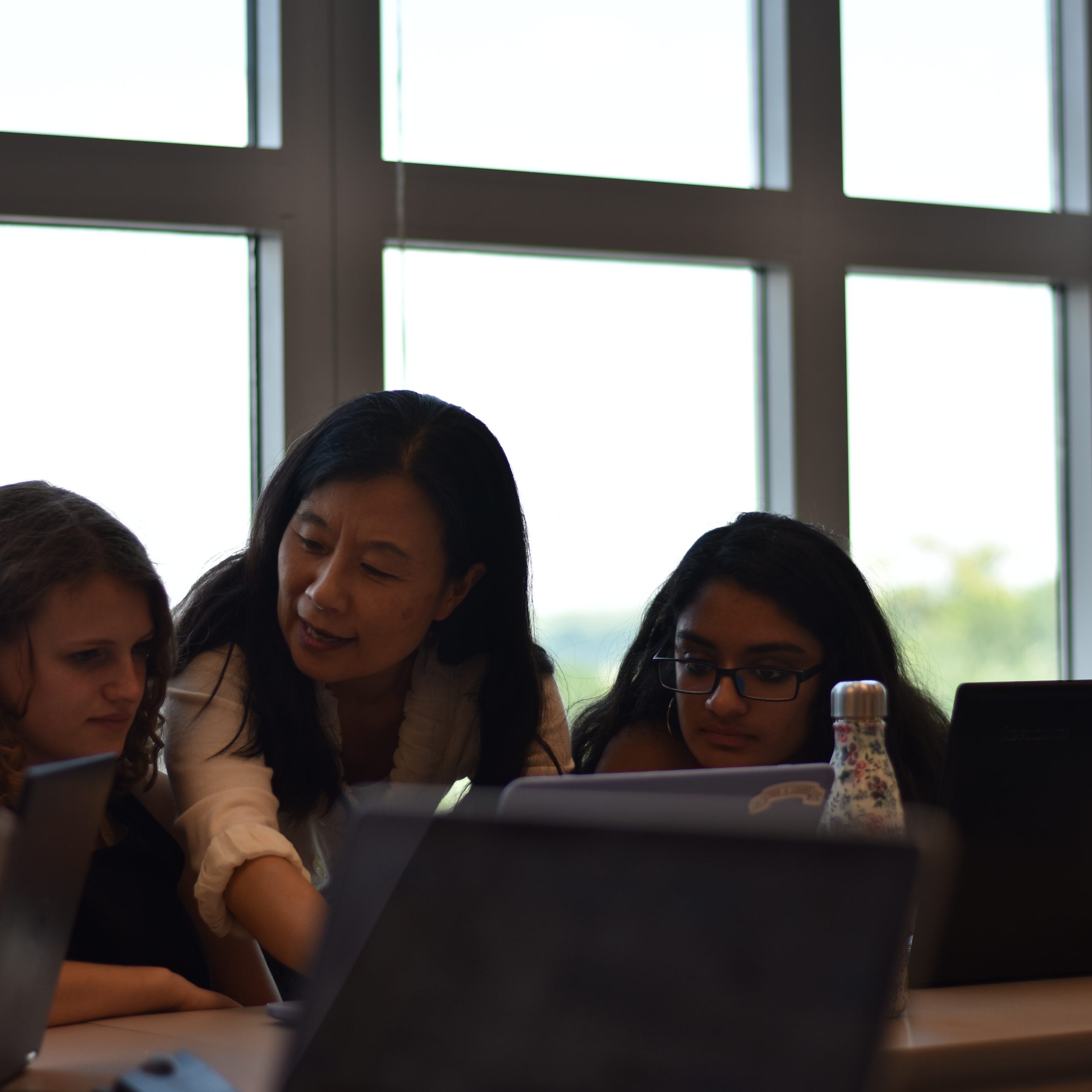
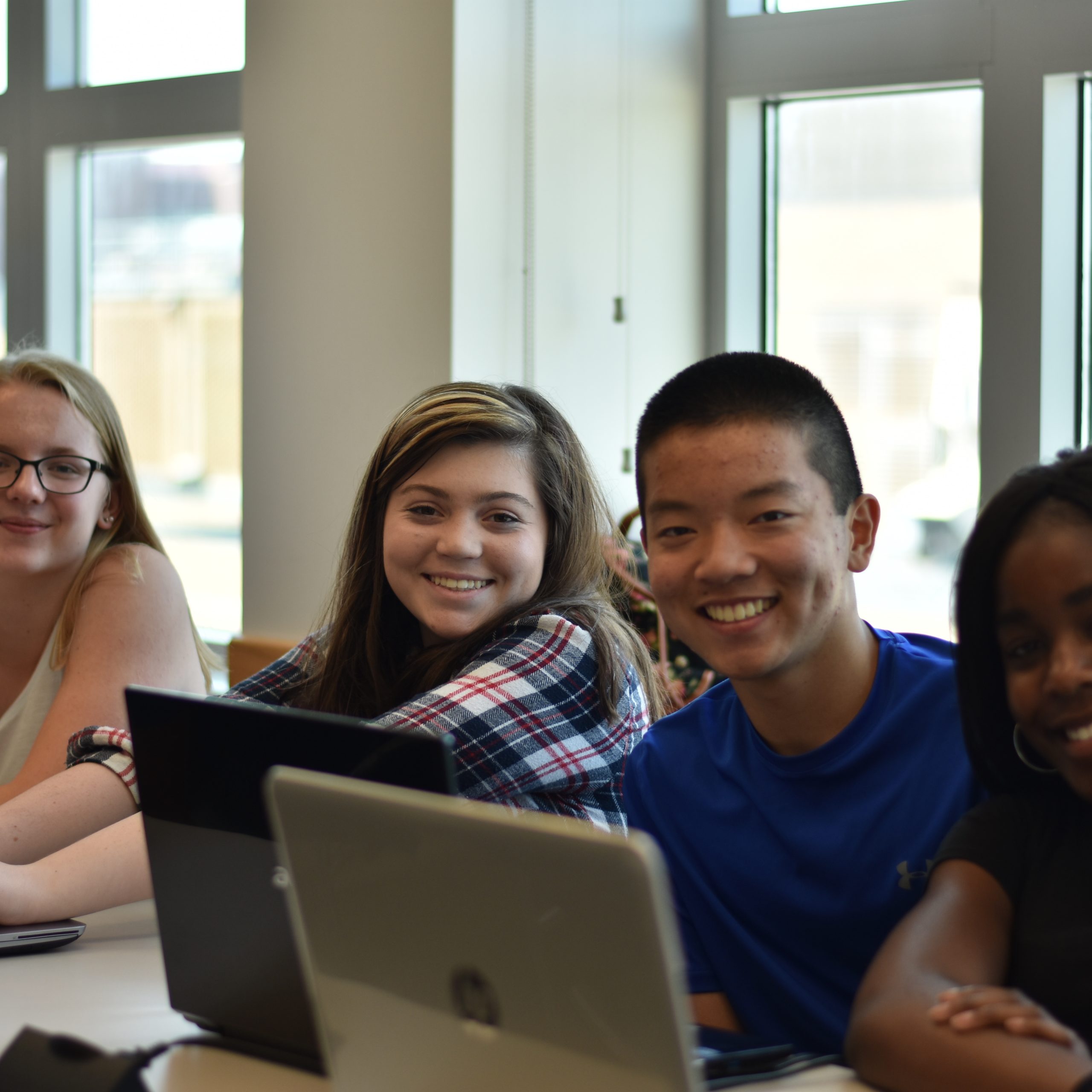
Sponsors:
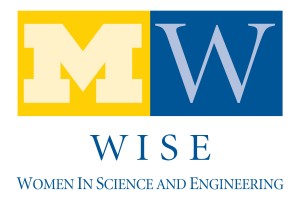


Goals
- Engage high school students in computer programming with real world cancer patient data to build their confidence in programming and promote their interest in medical research.
- Identify potential student researchers for miRcore research.
Specific Aims
- Understand current biomedical problems in terms of genetics and what is required to contribute to next-generation medical practices.
- Understand biology concepts through solving problems in R.
- Become familiar with statistics and the R programming language.
- Identify projects useful for next generation research.
- Try R machine learning package for patient diagnostics.
Day by Day Focus
| Mon | Tue | Wed | Thu | Fri | |
| Biology Themes | Big data and TCGA | Gene expression and target regulation by miRNA | Statistics and biomarkers | Tumor identification and prediction | Specific cancer biomarkers and social impacts |
| R Skills | RStudio, functions, data structure | Graphs | Programming logic | Packages and machine learning | Using R to analyze specific cancer data |
| Goals | Understanding why we use big data and getting used to RStudio | Communicating information graphically | Using R to compare gene expressions, and connecting miR biomarkers and regulation | Analyzing a real data set to identify case/control with and without biomarkers | Presenting connections between miRNA expressions and cancer |
Tentative career focus
Medical informatician
Physician (medical)
Entrepreneur
Programmer
Friday
Each group will present research project with a program developed throughout the week.
Refund Policy
– The $100 administrative fee will not be refunded once the camp application is accepted.
– If a student withdraws, the camp fee paid minus the administrative fee will be refunded if we are notified by May 31, 2025.
– If a student withdraws between June 1, 2025 and two weeks before the camp starting date, we will refund 50 percent of the camp fee paid.
– Refunds will be given until two weeks before the camp starting date.
